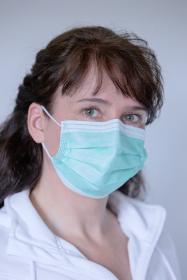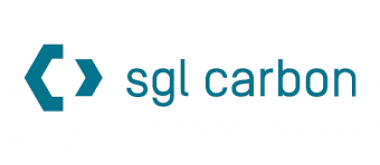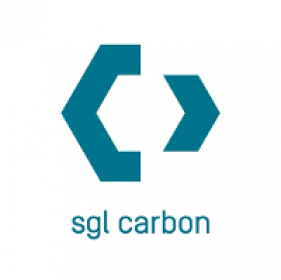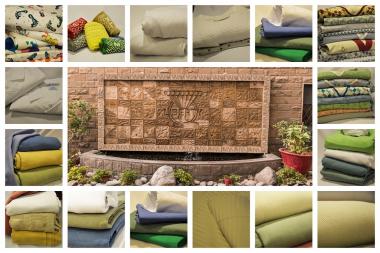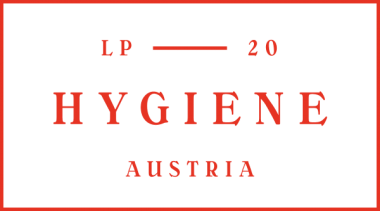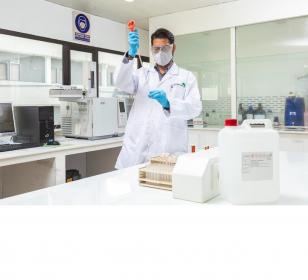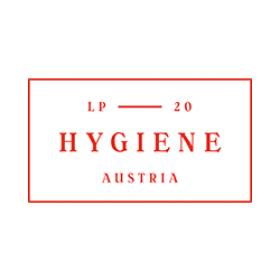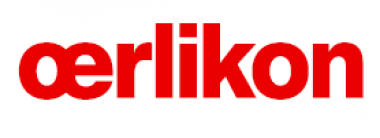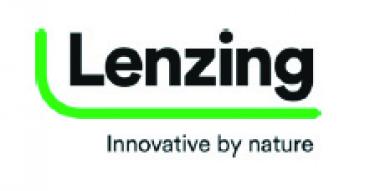Baldwin: Ahlbrandt launches modular Ozone Converter Catalytic Air Purifier
Baldwin Technology’s Ahlbrandt, a leader in providing corona, rotor spray and drying technology for industries including food packaging, textiles and more, has launched the highly efficient Ozone Converter Catalytic Air Purifier (CAP), which cleans exhaust air from corona surface treatment systems. With a catalyst bed of metal oxides, the CAP ensures an ozone-free, environmentally friendly production facility.
Featuring a compact, durable design, the CAP also is modular for easy maintenance and expansion, if needed. As requirements and production conditions change, the catalyst volume is adapted to the exhaust volume of the installed corona surface treatment system. Additionally, the catalyst filter is designed without active carbon, making it nonflammable and very safe, especially when running in high temperatures.
“The new Ozone Converter CAP for corona surface treatment systems is designed to be both very efficient and environmentally conscious, supporting human health and safety,” said Holger Bätz, Production Manager for Ahlbrandt. “These are important values, reflected in all of Ahlbrandt’s technologies and throughout our organization.”
Barry-Wehmiller












